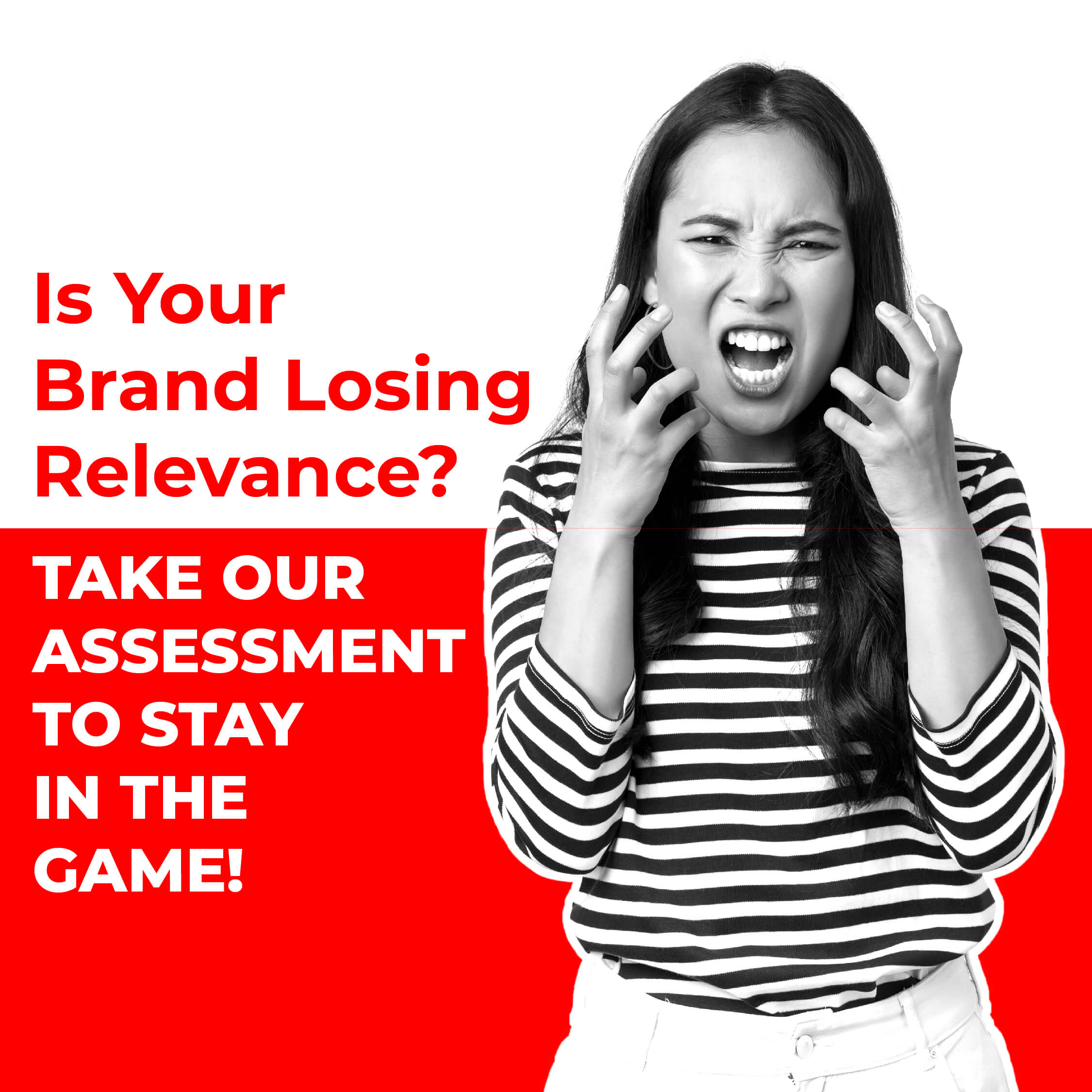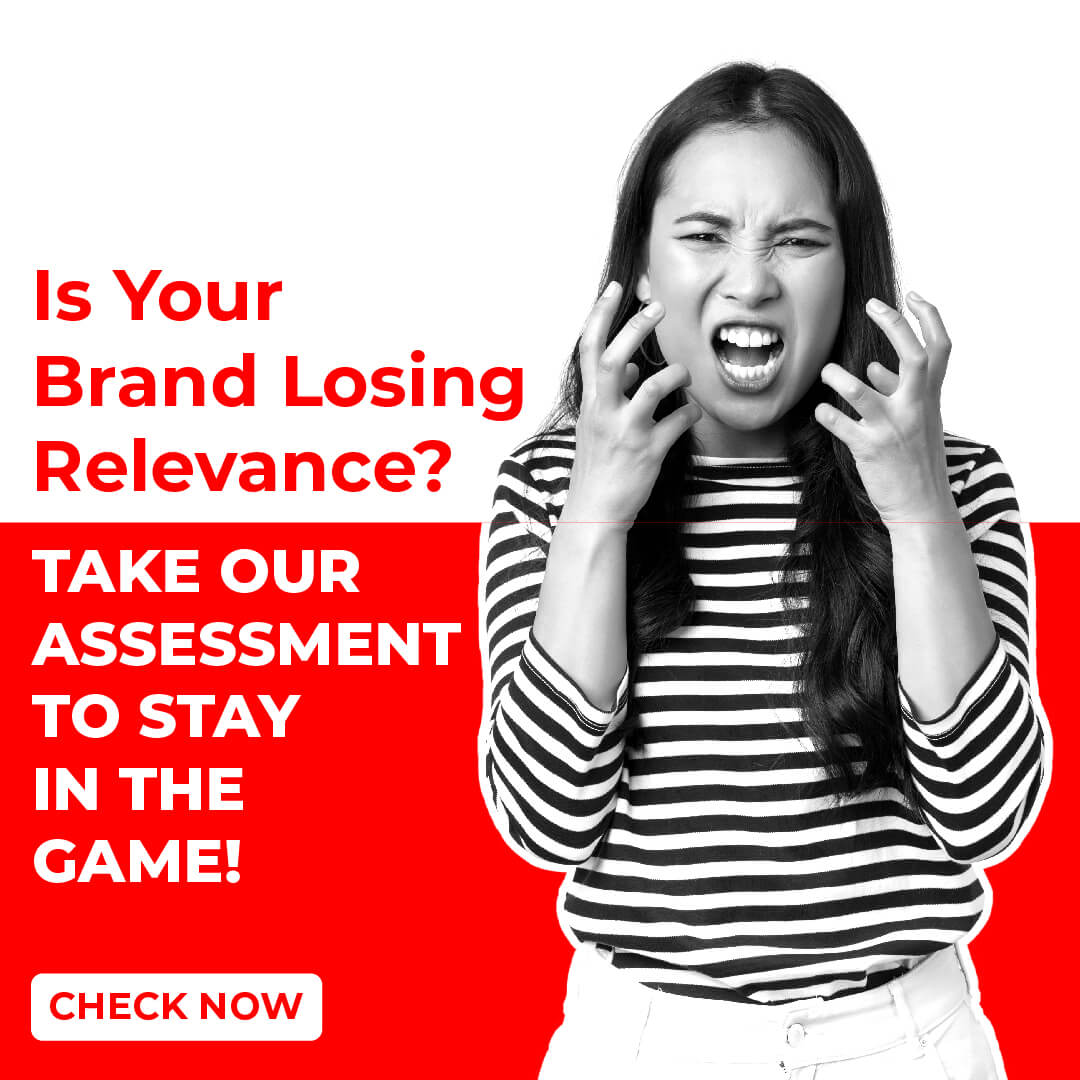
Permission marketing is a term popularized by Seth Godin through his bestselling book, Permission Marketing: Turning Stranger into friends, and friends into customers (New York, Simon & Schuster). It is all about obtaining permission from customers before sending them any kind of marketing communication. As a concept it is directly opposite to “interruption marketing” where the customers are bombarded with marketing messages whether they want them or not.
Permission marketing is used specifically for internet marketing. For example, marketers ask visitors permission to send them newsletters or catalogs through an opt-in registration form. Today almost all websites have such opt-in forms. Also when people search for products they want on a search engine, they are basically giving you, the marketer, permission to promote your product there. And thus the rise of SEO and search engine marketing. What permission marketing essentially does is personalizes the whole marketing processes where the rights and choices of individual customers are valued. In facilitates one to one interaction as opposed to the traditional concept of targeting customers on the basis of market segments and in bulk.
The need for permission marketing arose with the rise of digital networks and increased connectivity. It is now possible to reach a huge number of customers and forge a personal relationship very easily.
Marketers believe (rightly so) that this form of marketing is a more efficient use of resources because communication will happen only with people who are really interested in our products. For example if a certain number of people have accepted to receive catalog from a company, then sending catalogs to only these people not only increases the usage of the catalog and but also reduces wastage and thus cost.
Today permission marketing has become a standard for digital media, as opposed to the interruption marketing standard of broadcast and print media.
Interesting questions to ponder over: Can permission marketing be implemented in mass media? Should you be asked for permission to show you all the ads on TV and in Newspapers? If so, how can that be made possible?


Post Comment